What Does Open Ground Mean on Outlet Tester (Causes & Fixes)
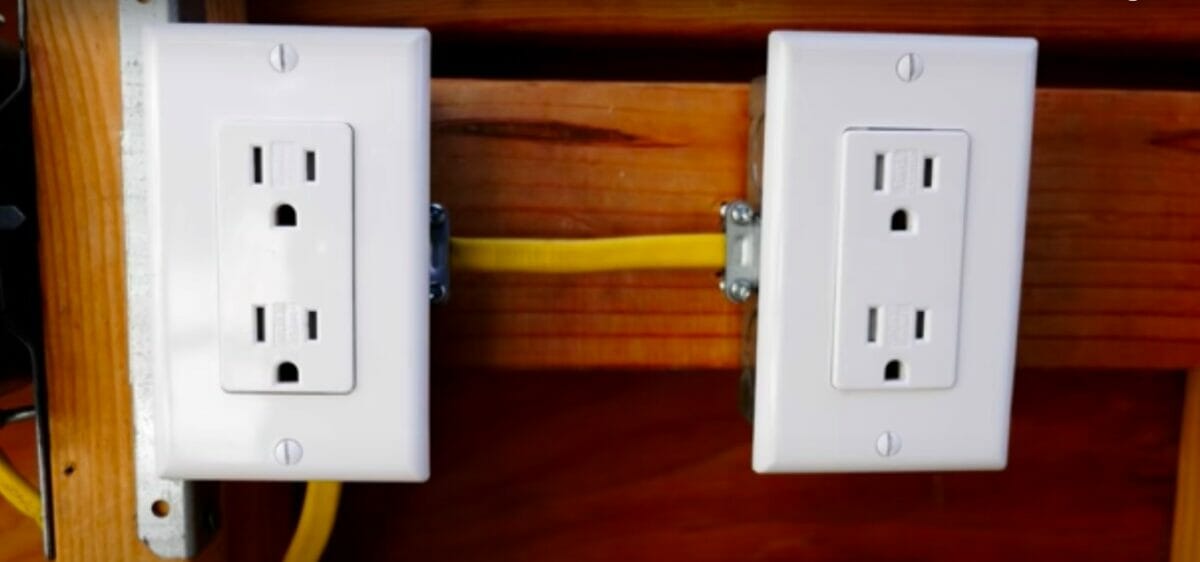
Hey there, folks! If you’ve ever plugged in one of those handy outlet testers and seen it light up with the words “open ground,” you might have scratched your head, wondering what that means on Earth.
An open ground occurs when a three-prong receptacle is not connected to an equipment grounding conductor. This means your outlet isn’t grounded as it should be, creating safety issues and potentially damaging equipment or causing dangerous electrical shocks.
I’m going to explain what an open ground is, why you should take it seriously, and how you can address it to keep your home safe and sound. So, let’s get into it and unravel the mystery of the open-ground reading on your outlet tester.
Understanding Open Ground
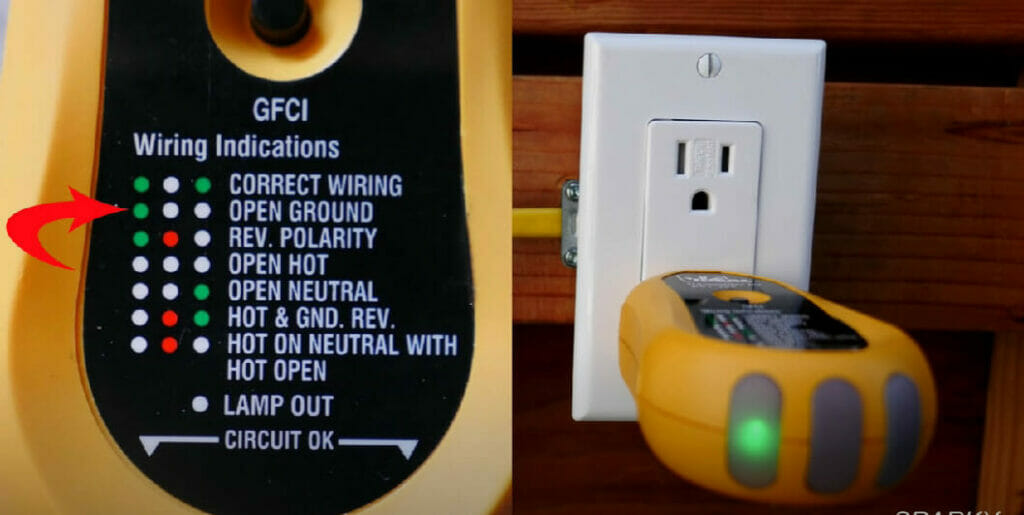
If you’re using an outlet tester and it shows an “open ground” message, it means that the electrical outlet you’re testing is not properly grounded.
This can be a serious problem, leading to electrical shock or even electrical fires.
An “open ground” issue means that the ground wire is not properly connected or there is no ground wire.
This can happen for various reasons, which we will delve deeper into later in the article.
The Dangers of Open Ground
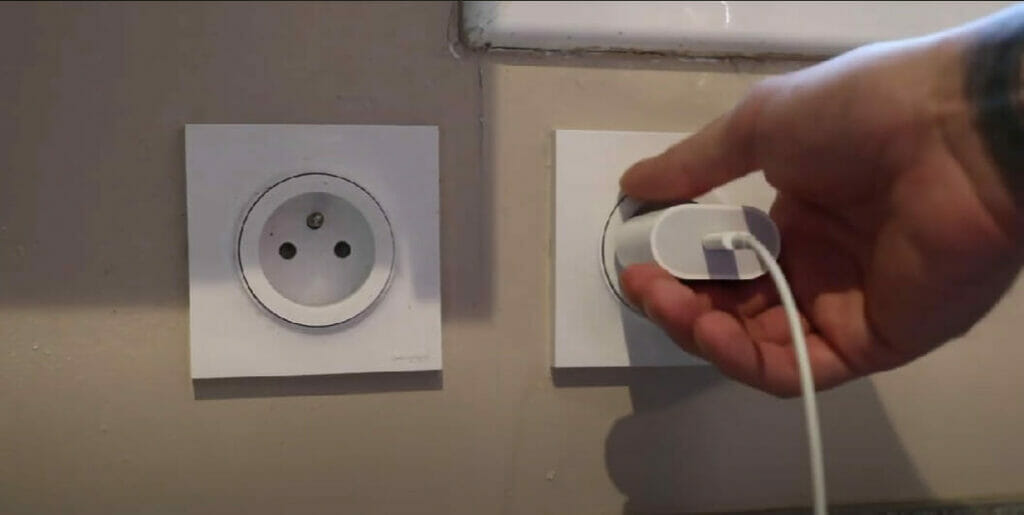
The biggest danger of an open ground is the risk of electrical shock.
Without a proper ground, any electrical current that escapes your device can travel through your body, causing serious injury or even death.
In addition to the risk of shock, open ground can also increase the risk of electrical fires.
Without a proper ground, any electrical current that escapes the device can build up and create a spark, igniting nearby flammable materials.
Fixing an Open Ground
If you discover an open-ground issue, it’s important to have it fixed as soon as possible. This typically involves hiring a licensed electrician to come and assess the problem.
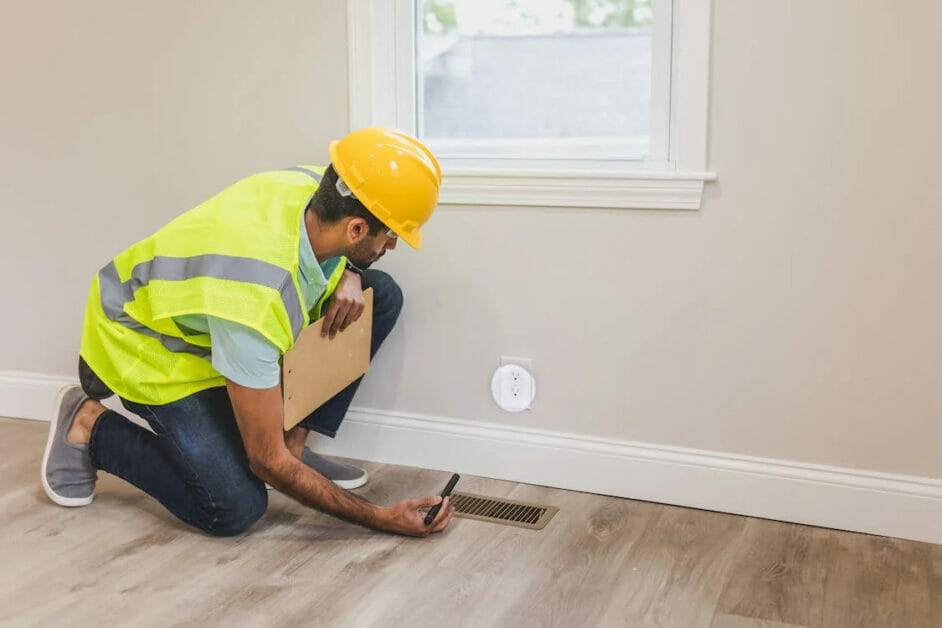
Depending on the cause of the open ground, the electrician may need to replace damaged wiring, install a new ground wire, or replace the entire electrical outlet.
In some cases, upgrading the entire electrical system in your home may also be necessary. That being said, an open ground is a serious issue that should not be ignored.
Why is Open Ground a Problem?
Open Ground can cause various problems, from electrical shock risk to equipment damage. Let’s examine these issues more closely.
Electrical Shock Risk
The risk of electrical shock is the most significant problem with an open ground.
When plugged into an outlet, an appliance or device is designed to discharge an unsafe fault through the grounding conductor.
However, if no grounding conductor exists, that fault condition cannot be discharged.
Someone touching the appliance or device while plugged in could receive an electrical shock.
This is especially dangerous if the person is standing on a wet surface or is in contact with a conductive material, such as metal.
Equipment Damage
Another problem with an open ground is the risk of equipment damage.
Appliances and devices that use a grounding conductor to discharge an unsafe fault condition may not function properly without one.
Over time, this can cause damage to the equipment and reduce its lifespan.
For example, if a surge protector is plugged into an open ground outlet, it may not be able to protect the connected devices from power surges.
This can cause damage to the devices and render the surge protector useless. In addition, some appliances and devices may not even function properly without a grounding conductor.
For example, a computer may experience frequent crashes or data loss if not properly grounded.
Causes of Open Ground on Outlet Tester
So, you’ve discovered that dreaded “open ground” reading on your outlet tester, and now you’re probably wondering, “What’s causing this?” You’re in luck because that’s what we’re diving into today.
Understanding the root of the problem is the first step toward making your home safer and more secure.
Faulty Wiring
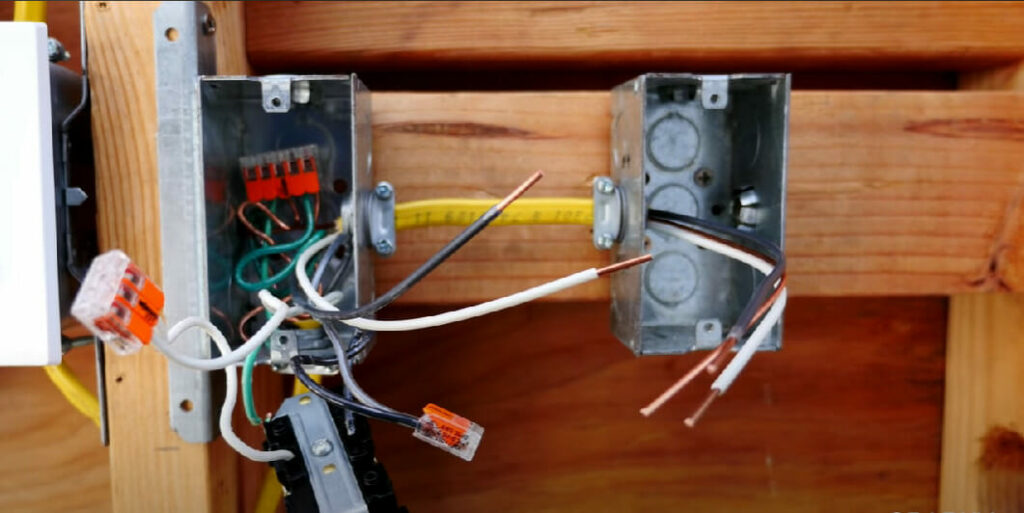
Faulty wiring is among the most common causes of open ground on outlet testers. This can occur when a wire is not connected properly or there is a break. Some common examples of faulty wiring include:
- Loose connections
- Damaged wires
- Faulty switches
- Faulty outlets
Missing Ground Connection
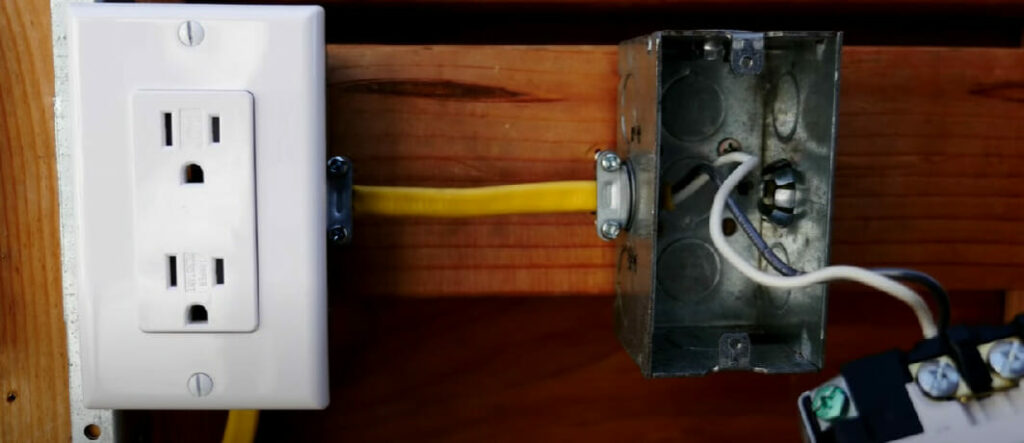
Another cause of open ground on outlet testers is a missing ground connection.
This can occur when an outlet is installed incorrectly or the wiring is improper. Some common examples of missing ground connections include:
- Old two-wire electrical systems
- Outlets installed without a ground wire
- Outlets installed without a ground fault circuit interrupter (GFCI)
Broken Ground Wire
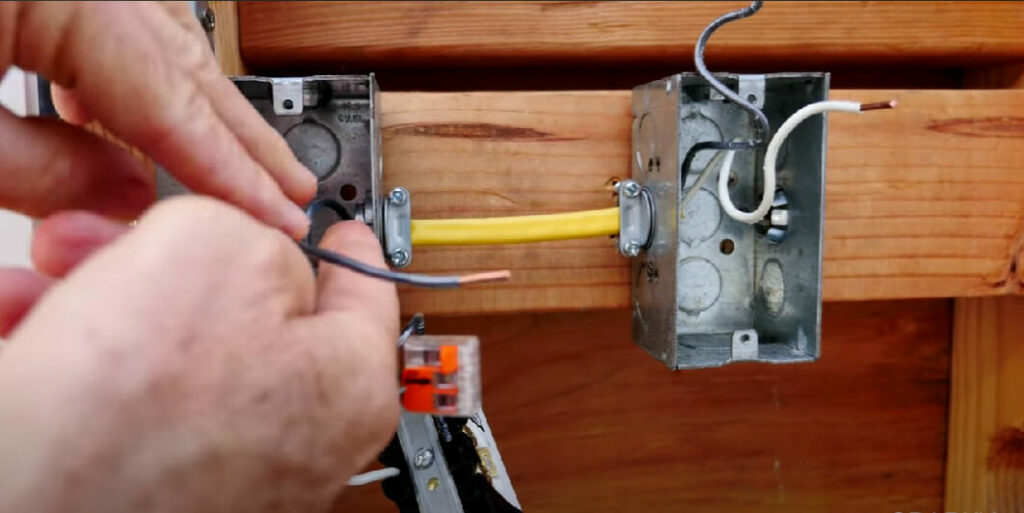
Finally, a broken ground wire can also cause an open ground on outlet testers. This can occur when the wire is damaged or cut. Some common examples of broken ground wires include:
- Rodents chewing through wires
- Nails or screws damaging wires during construction
- Wear and tear over time
If you suspect any of these issues, it is best to call a licensed electrician to repair them to guarantee your home’s safety.
How to Fix Open Ground Issue
You’ve pinpointed the culprit behind those tricky issues in your home’s electrical system – an open ground. It’s one thing to identify the problem, but now the real challenge is fixing it.
But don’t worry; I’m here to guide you through the process, making it as straightforward and stress-free as possible.
Inspect and Repair Wiring

The first step in fixing an open-ground issue is to inspect the wiring.
Look for loose or damaged connections, and tighten or replace them as necessary. If you’re uncomfortable working with electrical wiring, it’s best to call a professional electrician.
Check for Proper Grounding
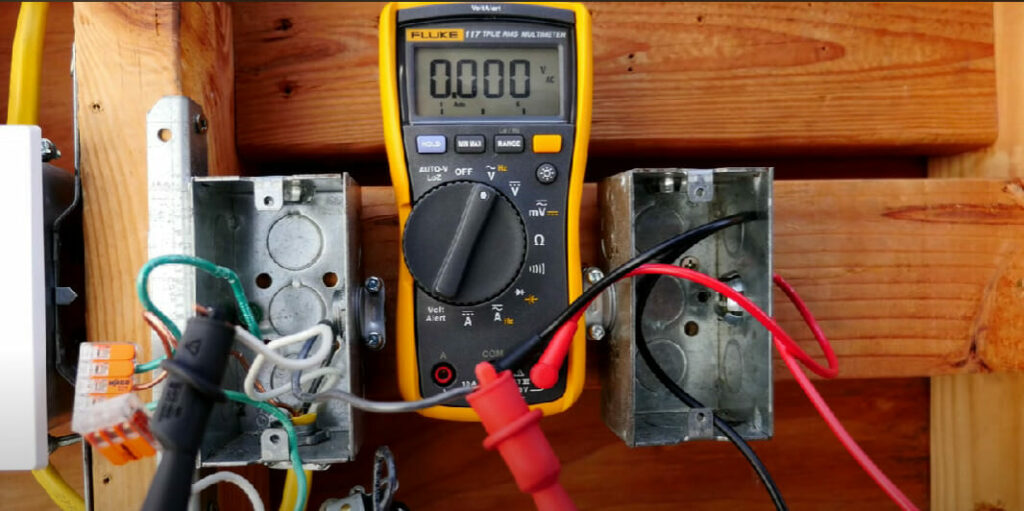
Another possible cause of an open-ground issue is improper grounding. Check to ensure the outlet is properly grounded by using a multimeter or a ground fault circuit interrupter (GFCI) tester.
If the outlet is not properly grounded, you may need to install a GFCI outlet or consult a professional electrician.
Consult a Professional Electrician

If you cannot fix the open ground issue yourself, it’s important to consult a professional electrician. They can diagnose the problem and provide a safe and effective solution.
Don’t attempt to fix electrical issues beyond your skill level, as it can be dangerous and lead to further damage.
Remember, electrical issues should always be taken seriously and addressed promptly.
Frequently Asked Questions
- Are There Temporary Fixes for Open Ground?
- While GFCI outlets can offer temporary protection, they do not replace the need for a properly grounded system. These are short-term solutions until a permanent fix is implemented.
- How Often Should I Test Outlets for Open Ground?
- It is advisable to test electrical outlets annually. More frequent testing may be beneficial in older homes or after electrical work.
- Can Open Ground Impact Home Insurance?
- Yes, unresolved electrical issues like open ground can affect insurance coverage and premiums, emphasizing the importance of prompt repairs.
- How Can I Prevent Open Ground Issues?
- Preventative measures include regular electrical maintenance, professional inspections, and updates to meet current safety standards.
- Does Open Ground Affect Lightning Protection?
- Yes, proper grounding is essential for effective lightning protection, guiding the electrical discharge safely into the ground.
- How Does Open Ground Affect Appliances?
- Open ground can expose appliances and electronics to damage from electrical surges and may lead to unsafe operating conditions.
Resources
Studies
- New Technology for Preventing Residential Electrical Fires: Arc-Fault Circuit Interrupters (AFCIs) – https://www.cpsc.gov/s3fs-public/AFCIFireTechnology_0.pdf
Organizations
- Occupational Safety and Health Administration (OSHA) – https://www.osha.gov/
Books
- “The Homeowner’s DIY Guide to Electrical Wiring” by David Herres – https://books.google.com/books/about/The_Homeowner_s_DIY_Guide_to_Electrical.html?id=ONeoBAAAQBAJ
- “Wiring a House” by Rex Cauldwell – https://books.google.com/books/about/Wiring_a_House.html?id=anbv0BWVfeQC
Video References
Sparky Channel
Comment faire – I Gonna Show You
